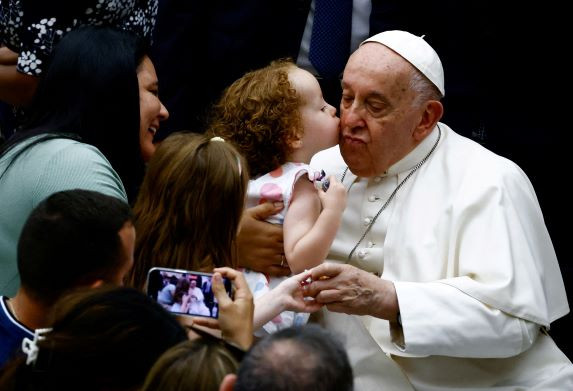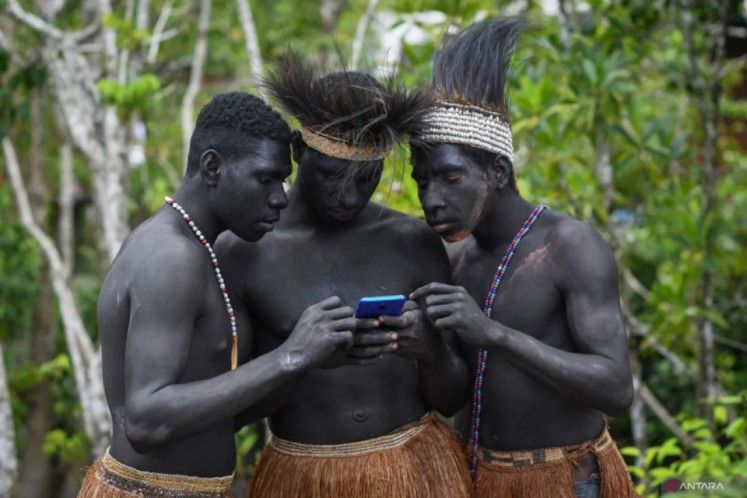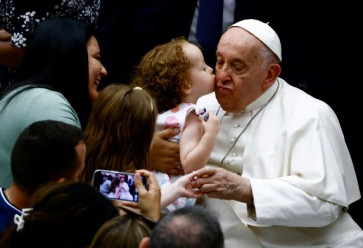Popular Reads
Top Results
Can't find what you're looking for?
View all search resultsPopular Reads
Top Results
Can't find what you're looking for?
View all search resultsPope Francis, power rivalry and the global order
Pope Francis has condemned the exploitation of less developed countries, as well as the lack of international solidarity and uneven development in the current world order.
Change text size
Gift Premium Articles
to Anyone
O
n Sept. 3, Pope Francis will arrive in Jakarta for his two-week apostolic visit to Indonesia, Papua New Guinea, Timor-Leste and Singapore. As the leader of the largest Christian denomination, Francis will meet and encourage faithful Catholics and engage in interfaith dialogues.
The Pontiff, who is also Vatican head of state and a global figure with moral authority, is also expected to promote justice and humanity in the shaping of the global order.
John Ikenberry of Princeton University wrote in International Affairs (2024) about three groupings in the global order: the Global West, the Global East and the Global South. The Global West is led by the United States and European countries, and the Global East by China and Russia. The Global South is non-western developing countries, including Indonesia, India, Brazil and others.
Ikenberry asserts that the emergence of these groupings is premised on the partial decline of American unipolarity and the ascendancy of China as a potential rival. The Global West and the Global East are creatively shaping the global order by promoting their rather divergent agendas.
While the Global West is keen on advancing liberal democracy, rules-based relations and American hegemony, the Global East is resisting the Western agenda by promoting equal sovereignty, the uniqueness of each country’s political system and development as the main human rights.
The two groupings are competing to extend their political clout in the Global South. The rivalry is fierce since both seek dominance and are interested in shaping the world order that best serves their national interests.
It is undeniable that the current order contains some serious defects and needs to be reformed as evidenced by the handling of the COVID-19 pandemic, climate change and North-South gap issues. As a new emerging power, China’s development success is not only inspiring for numerous developing countries, but it is also an asset to advance its decision-making power in international affairs.



















